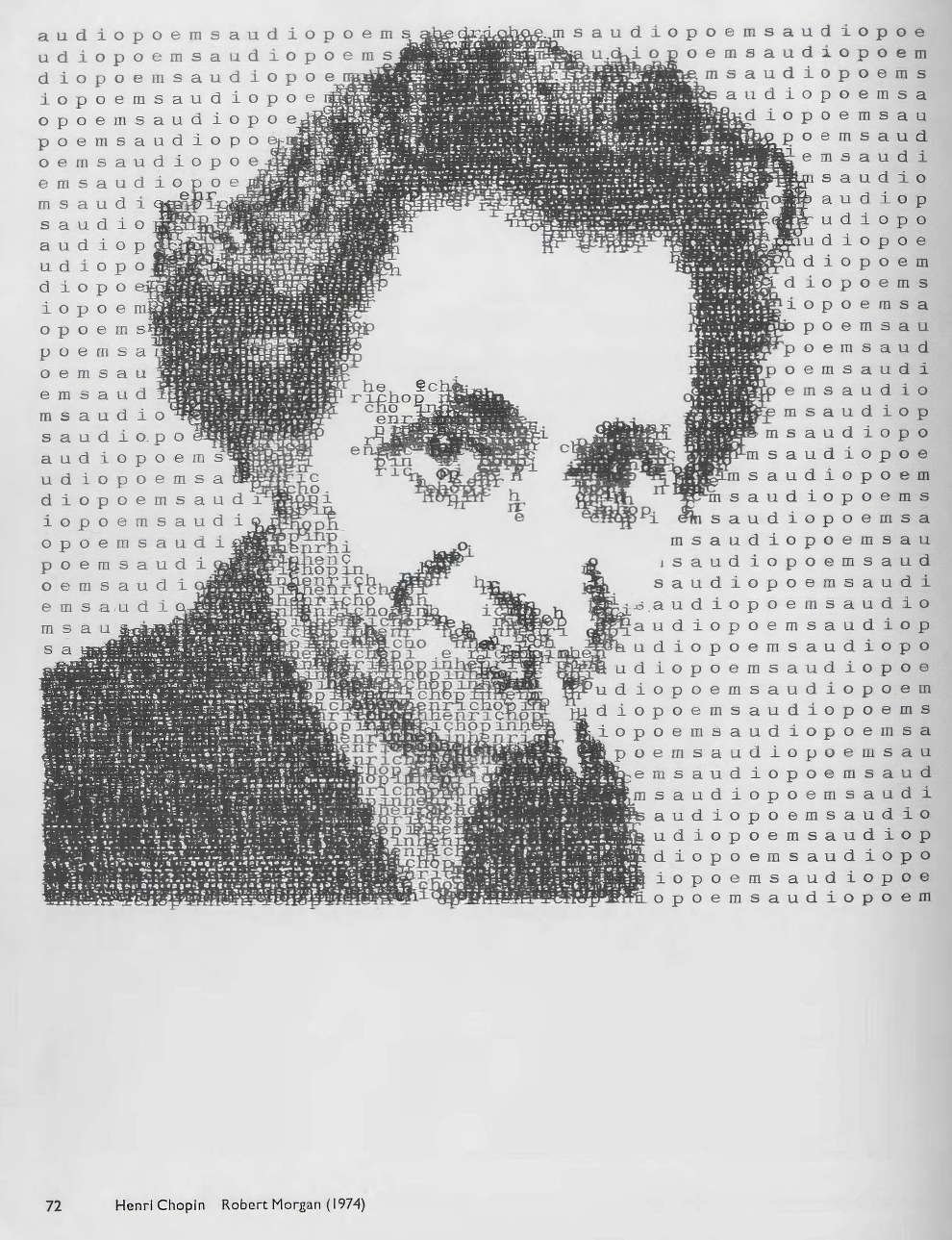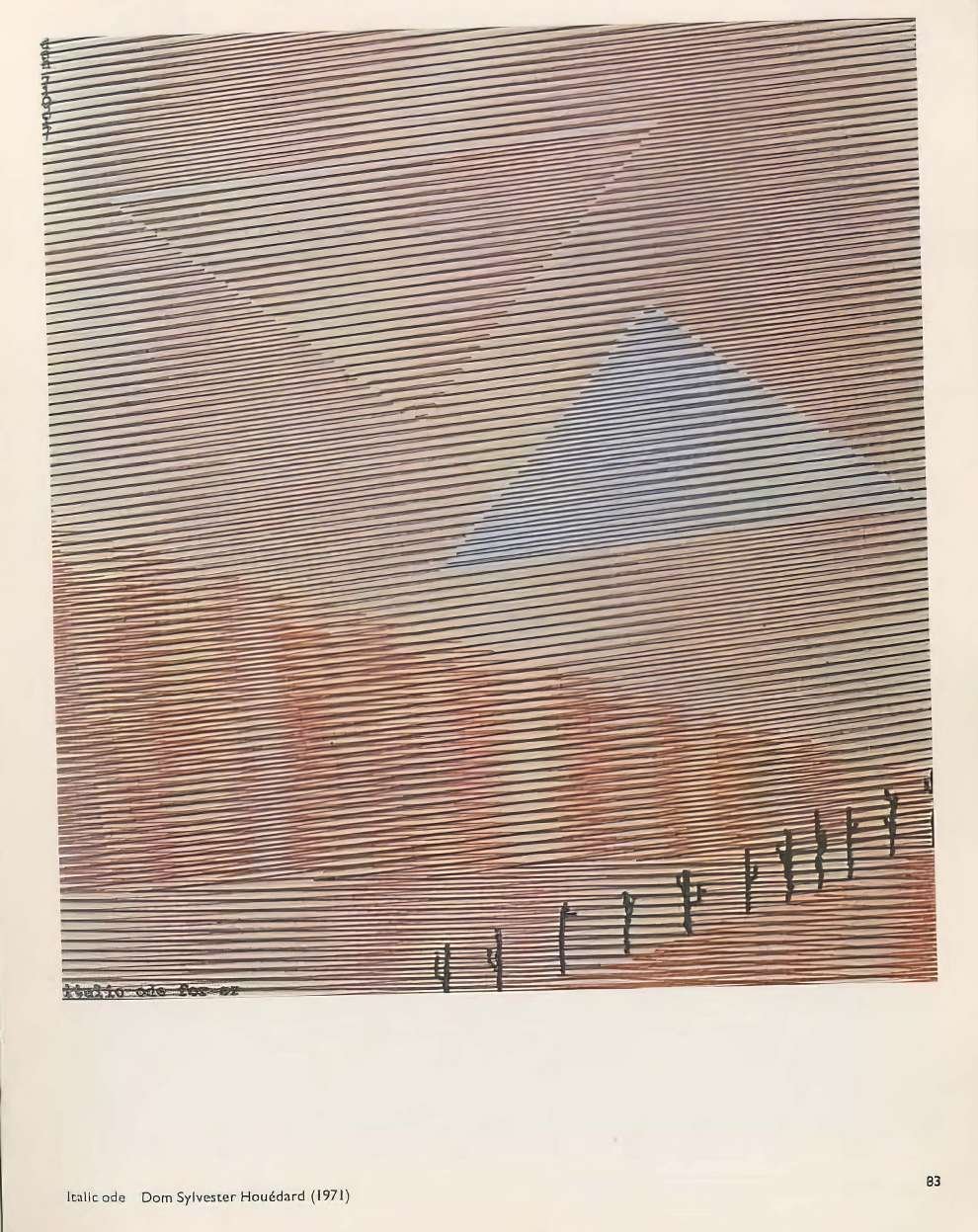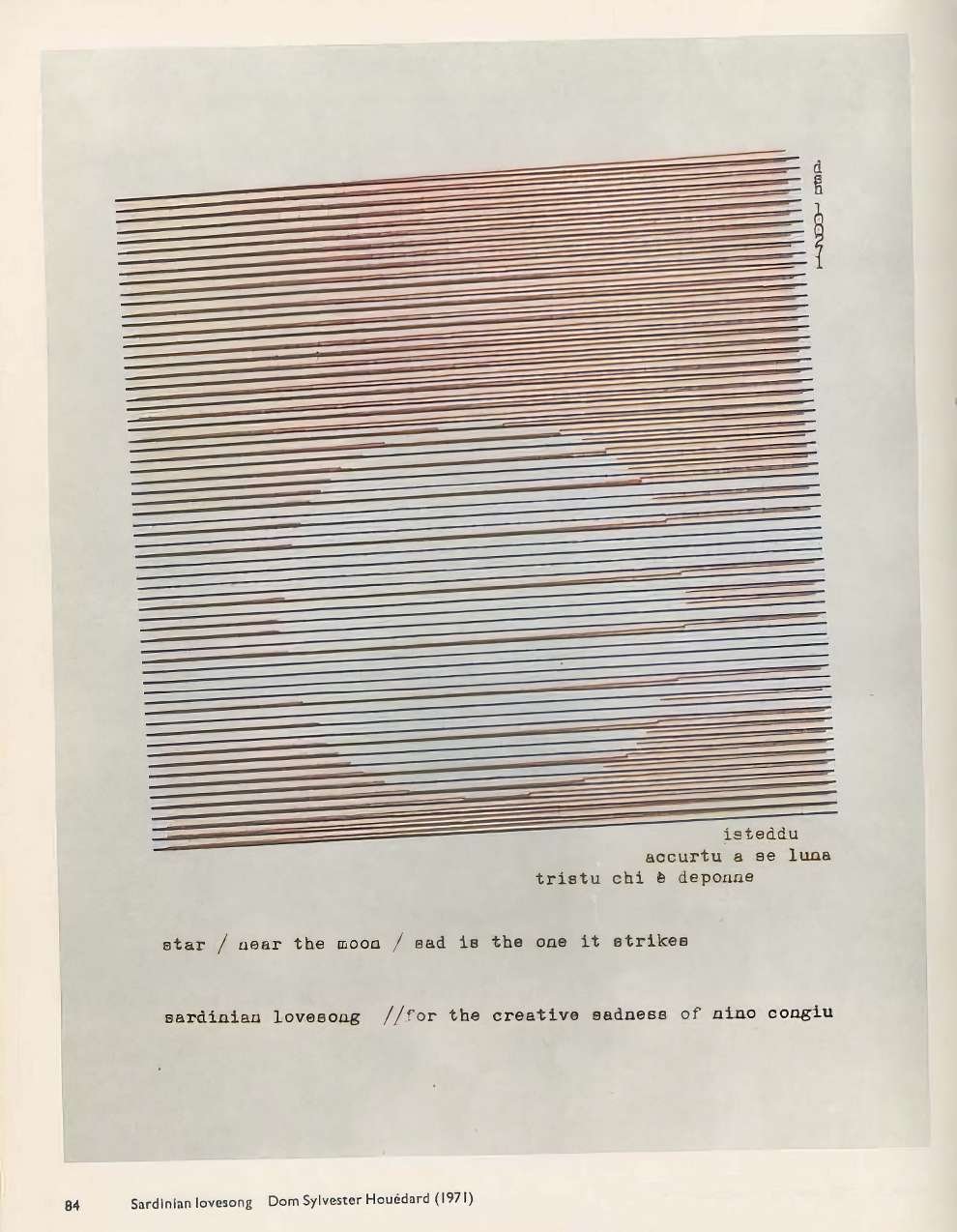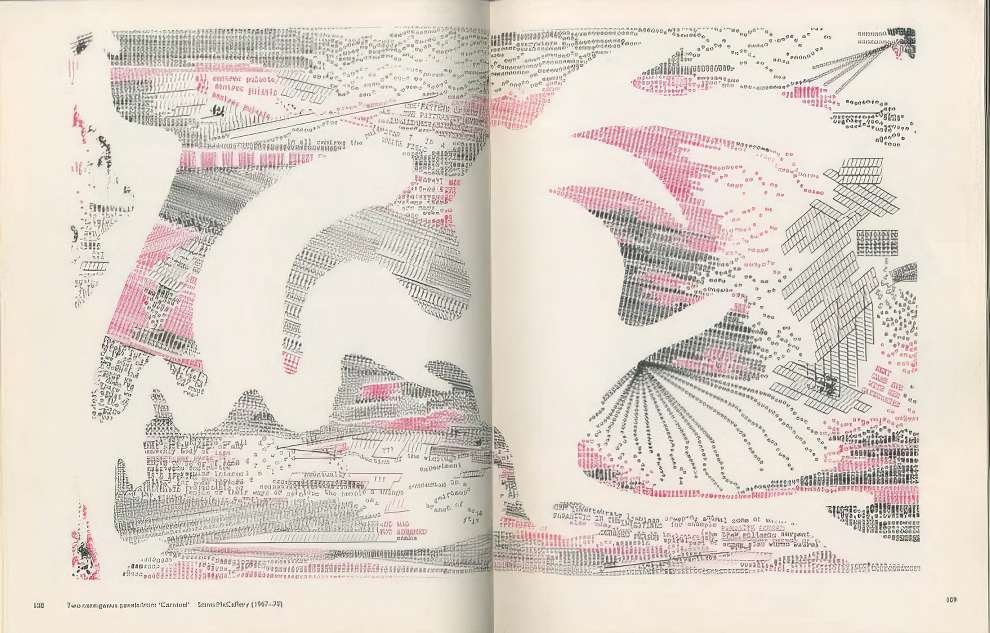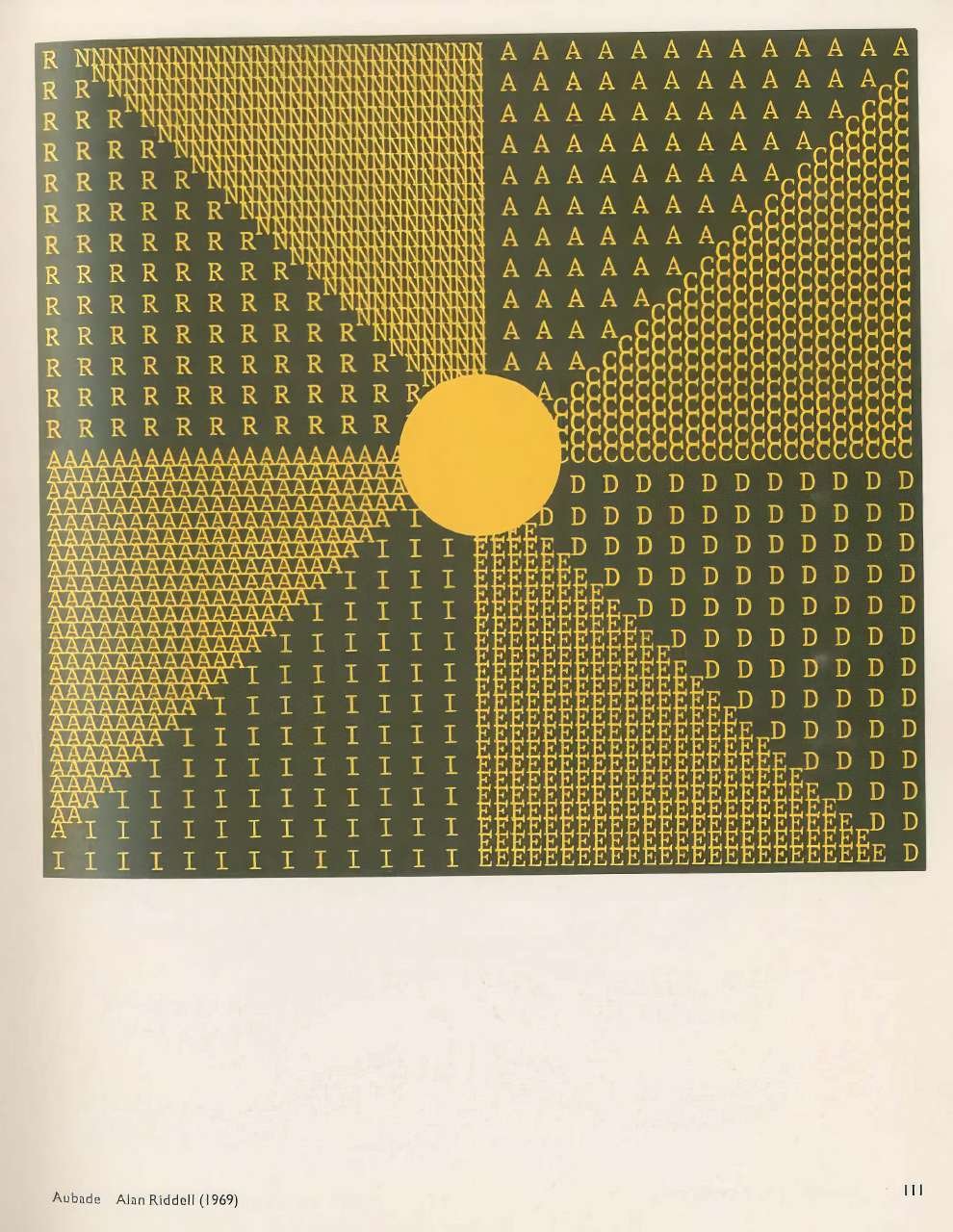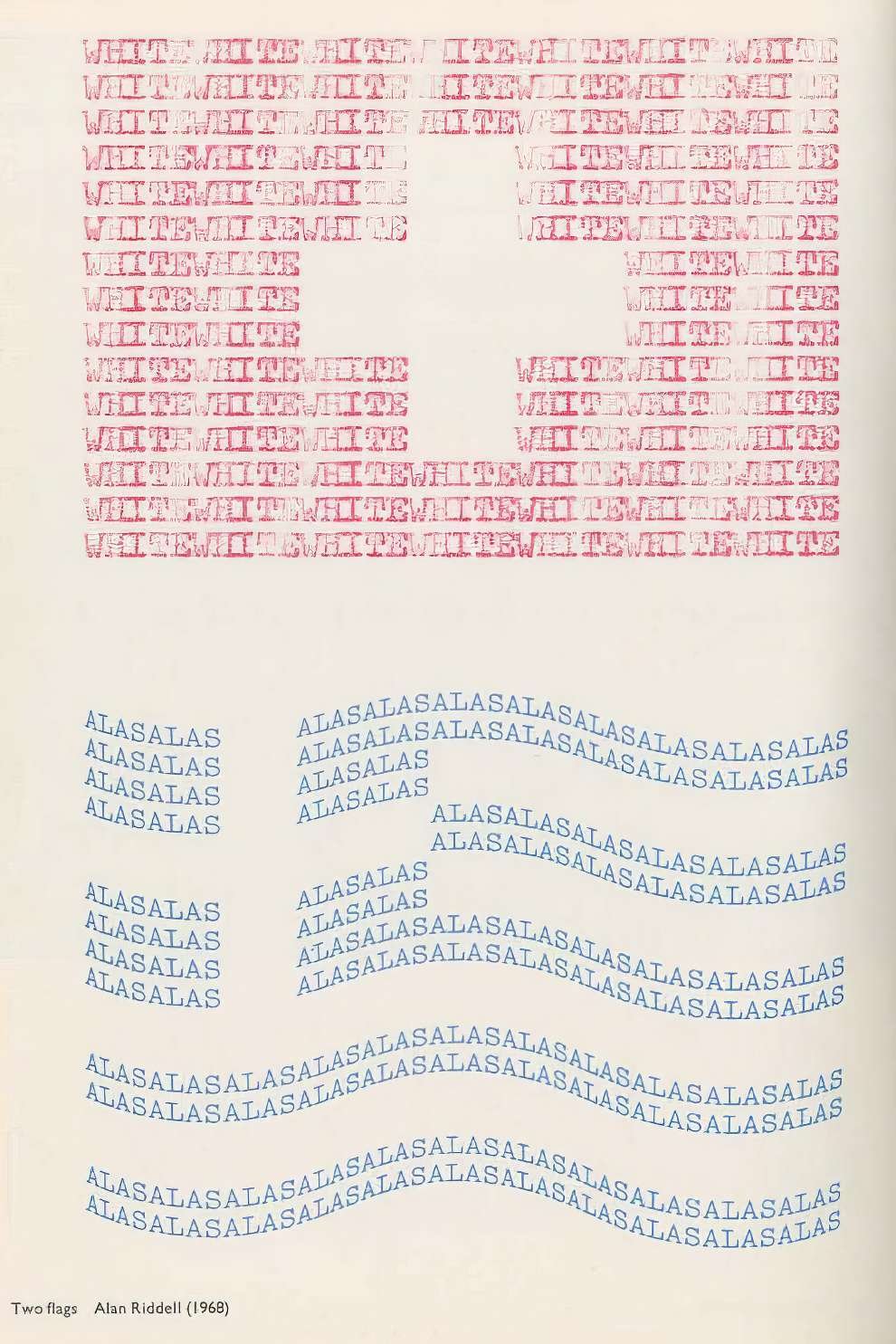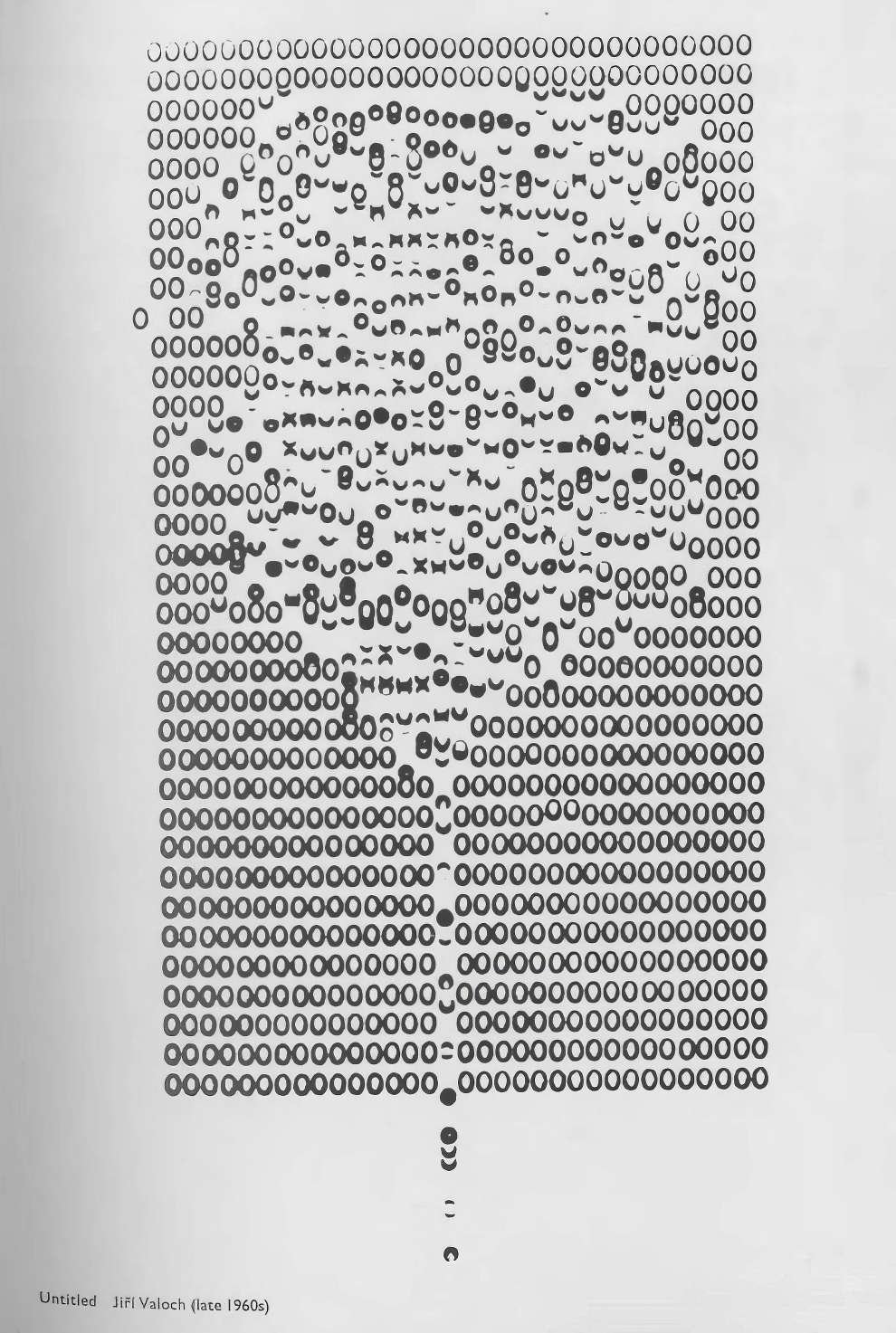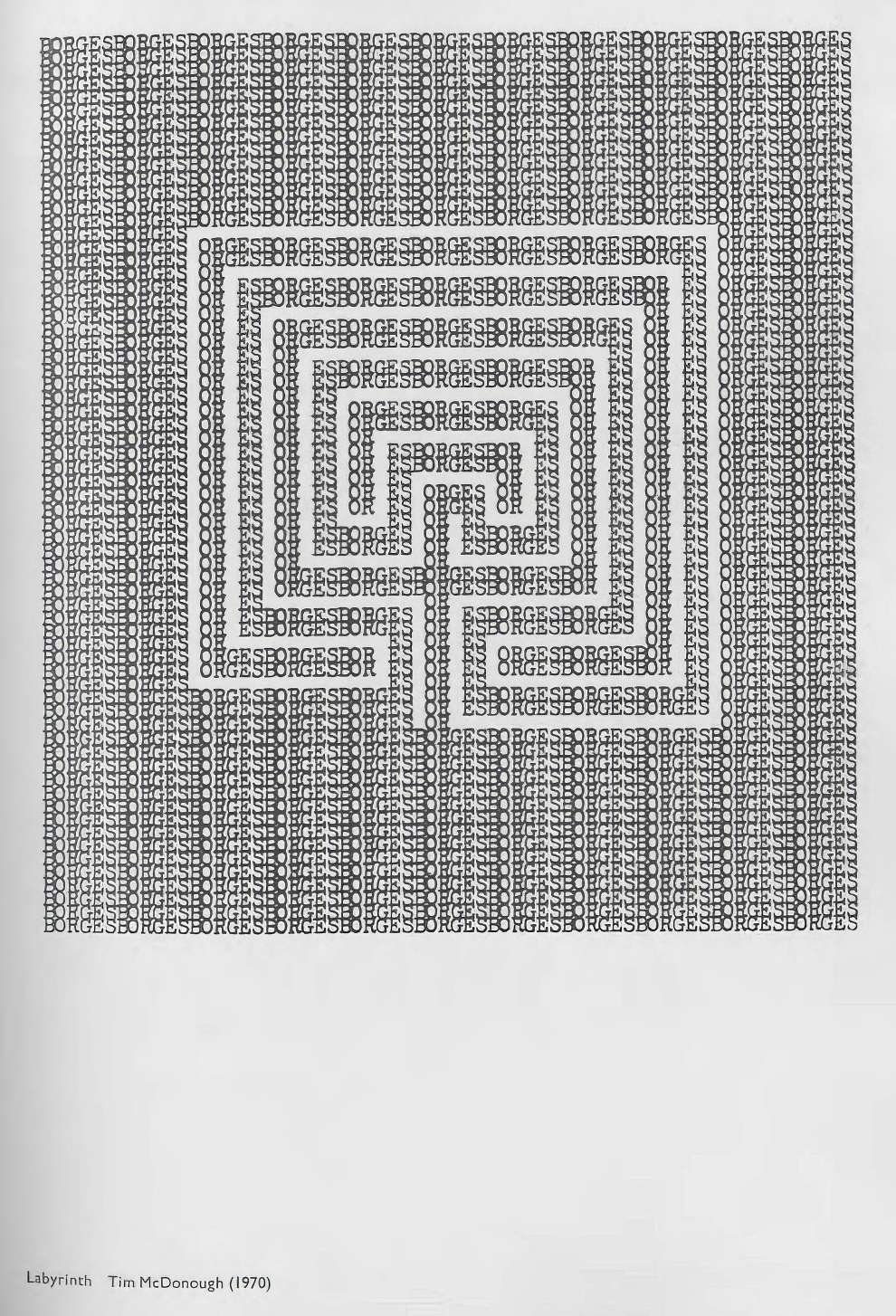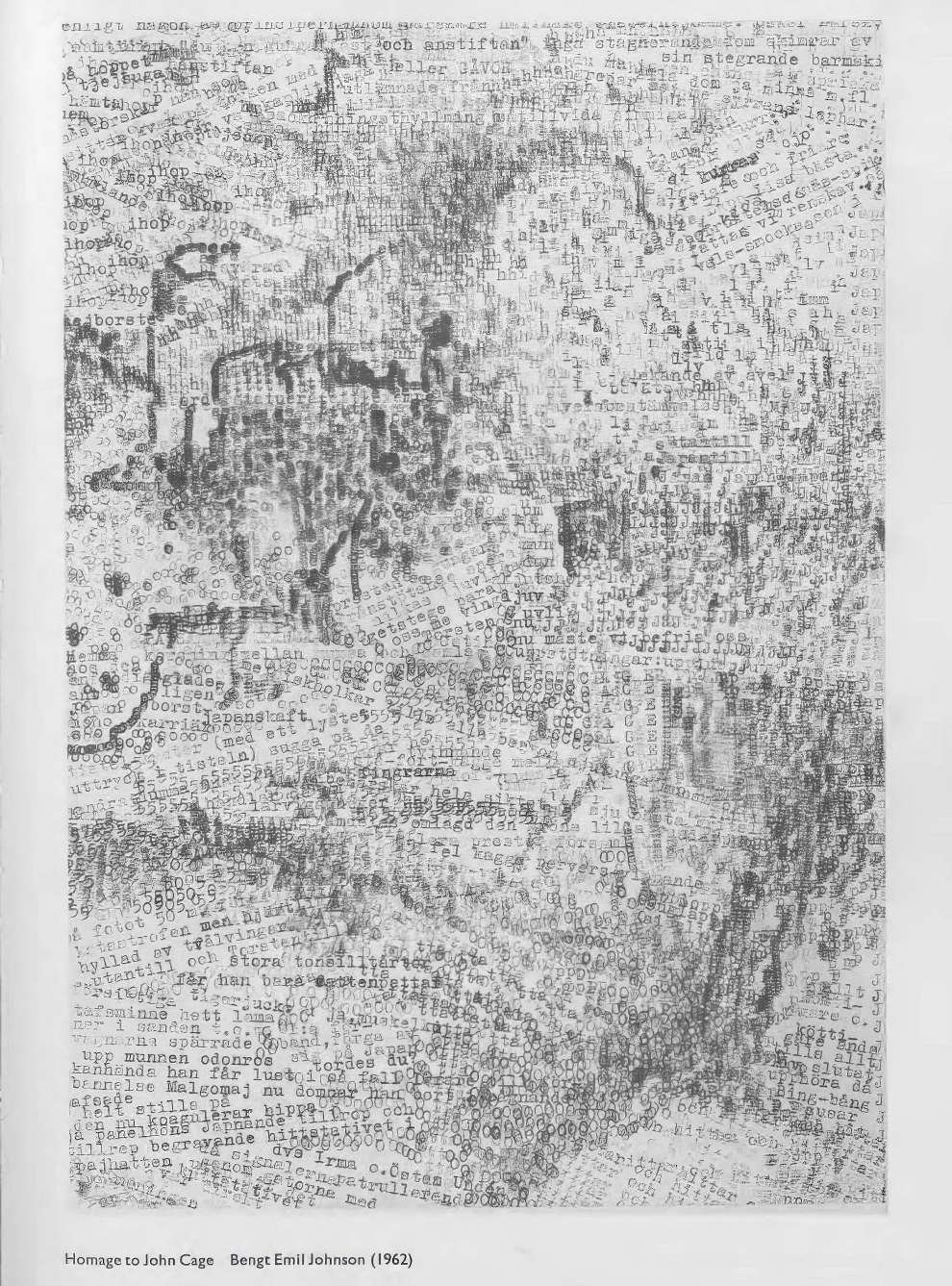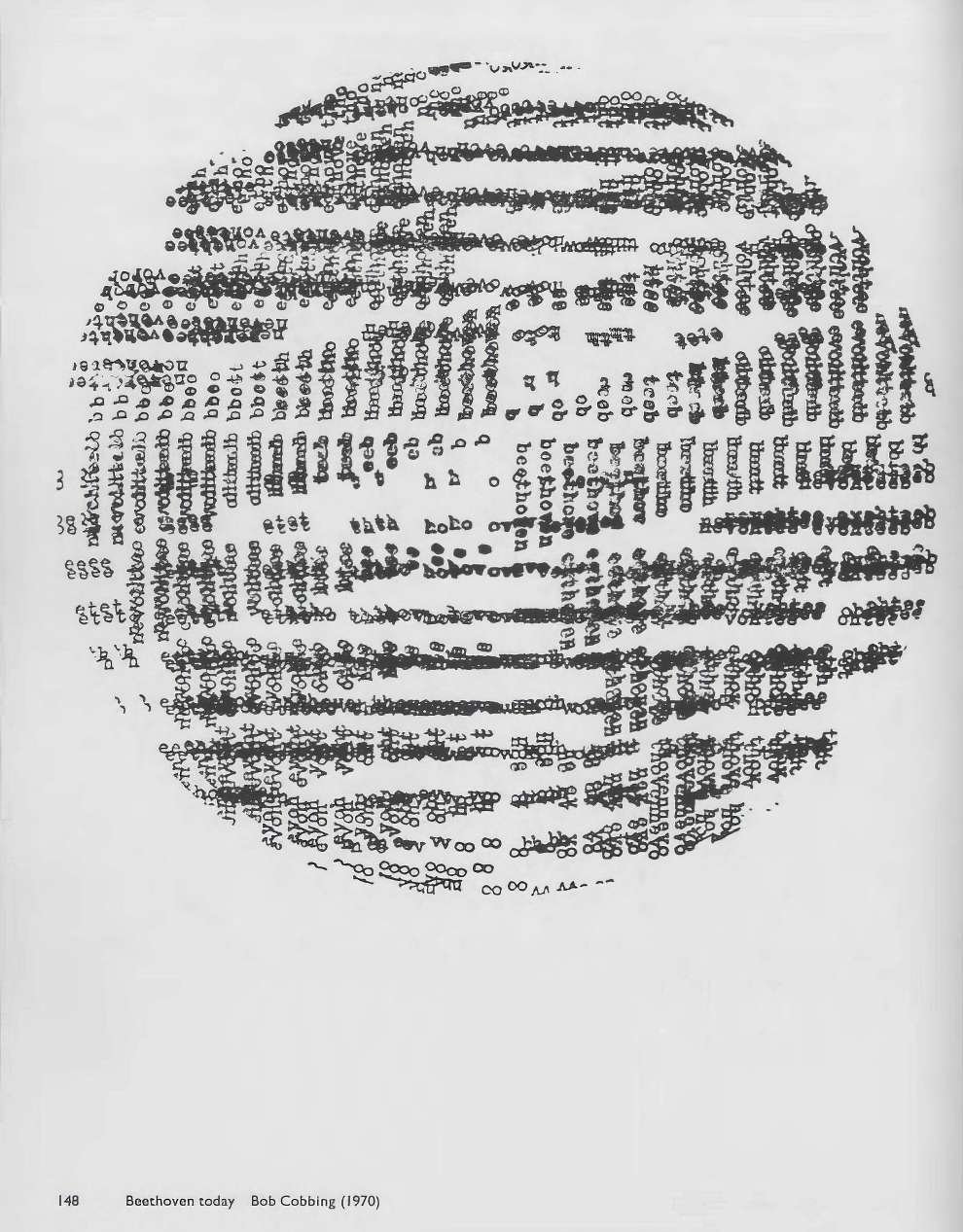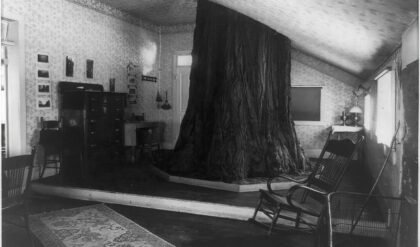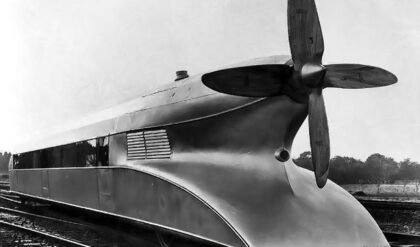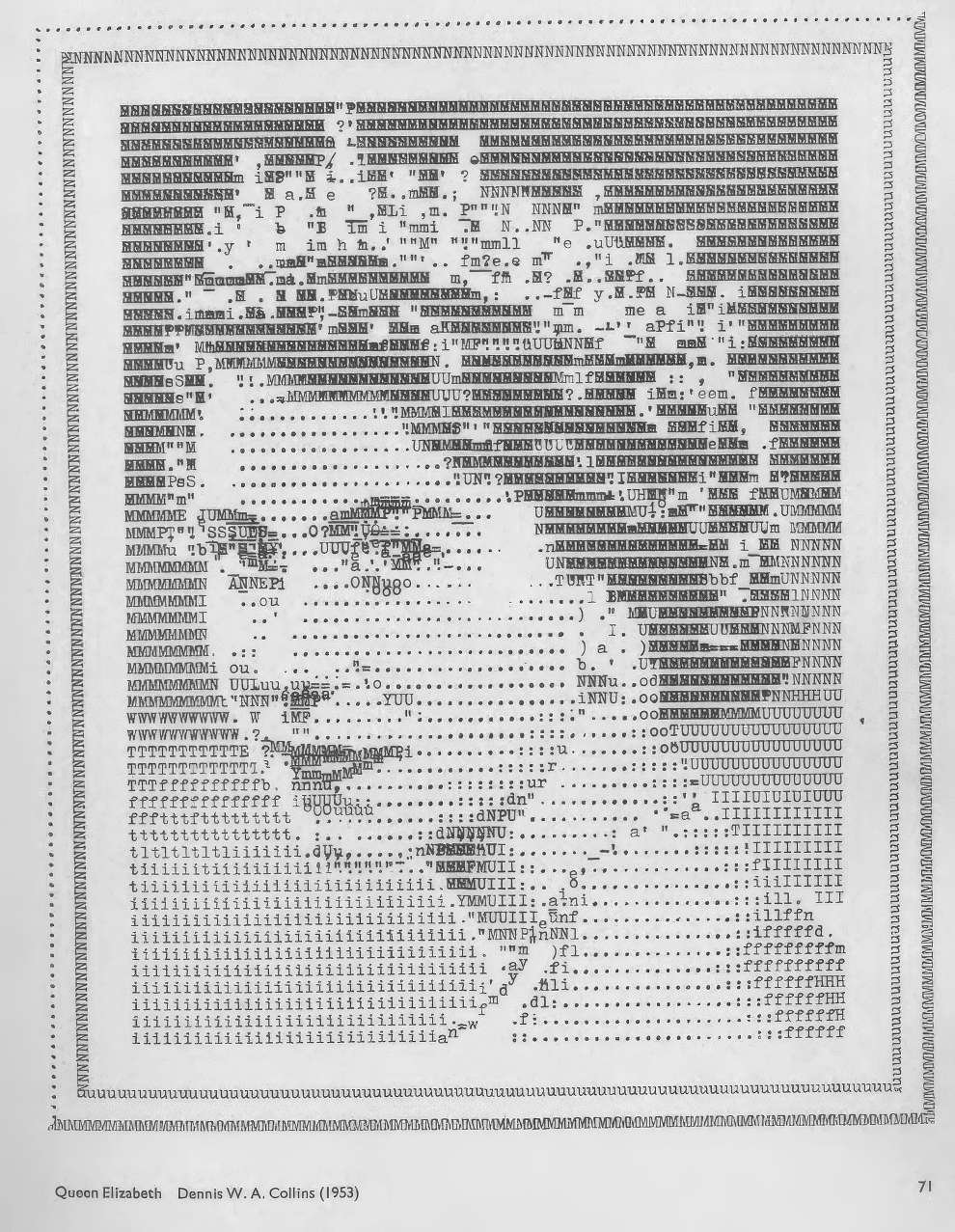
Alan Riddell’s Typewriter Art (1975) is a groundbreaking collection showcasing 119 typographical artworks created by 65 artists from 18 different countries, with pieces dating back to the late 19th century up to the 1970s. In this seminal work, Riddell correlates typewriter art with the concrete poetry movement, highlighting the significance of visual aesthetics and typographical effects in conveying meaning, rather than focusing solely on verbal content.
Barrie Tullett’s Typewriter Art: A Modern Anthology delves further into the history of this unique artistic medium, tracing its roots back to the introduction of the first commercial typewriter, the Hansen Writing Ball, in 1870. Tullett also explores the impact of the iconic Remington model, introduced in 1874, which played a pivotal role in popularizing the typewriter and revolutionizing communication in society.
h/t: flashbak
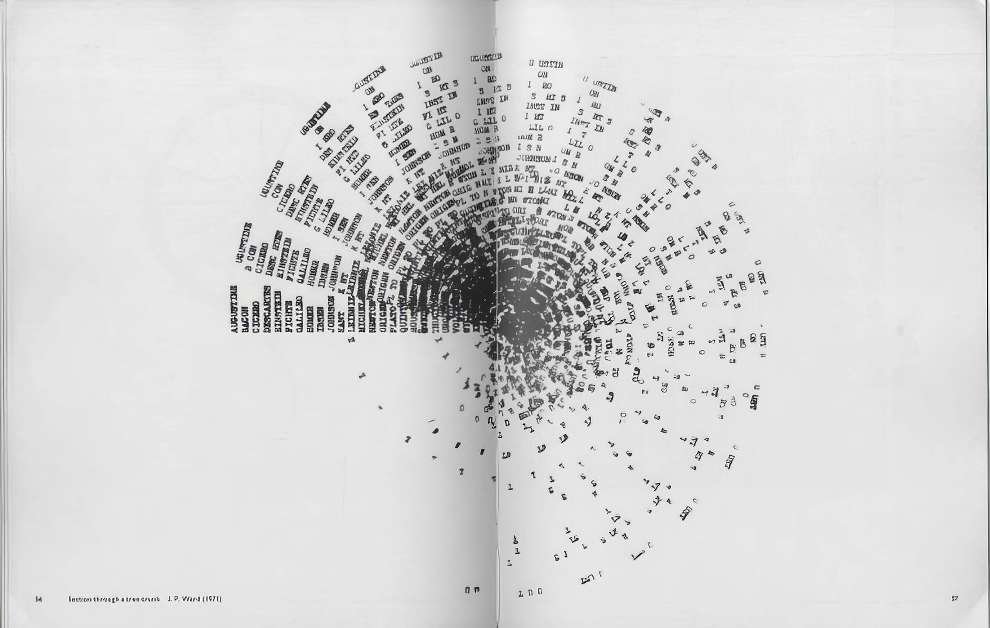
The advent of the typewriter marked a turning point in history, as it provided a newfound sense of empowerment for women by opening up opportunities in the workforce and enabling them to express themselves through writing. Moreover, the typewriter democratized communication by allowing individuals from various backgrounds to easily exchange ideas and information, transcending traditional barriers of class and education.
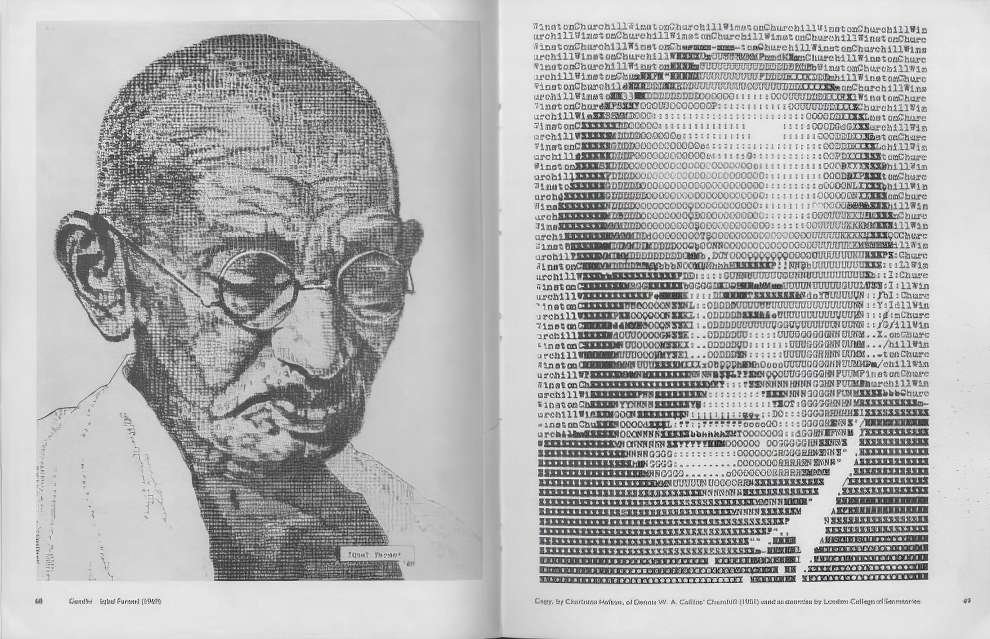
With its mechanical precision and uniformity, the typewriter offered a modern and efficient format for the dissemination of ideas, contributing to the acceleration of literary and artistic movements like concrete poetry. Through these artistic expressions, typewriter art emerged as a powerful and innovative form of visual communication, challenging traditional notions of artistic creation and inspiring generations of artists to explore new realms of creativity.
